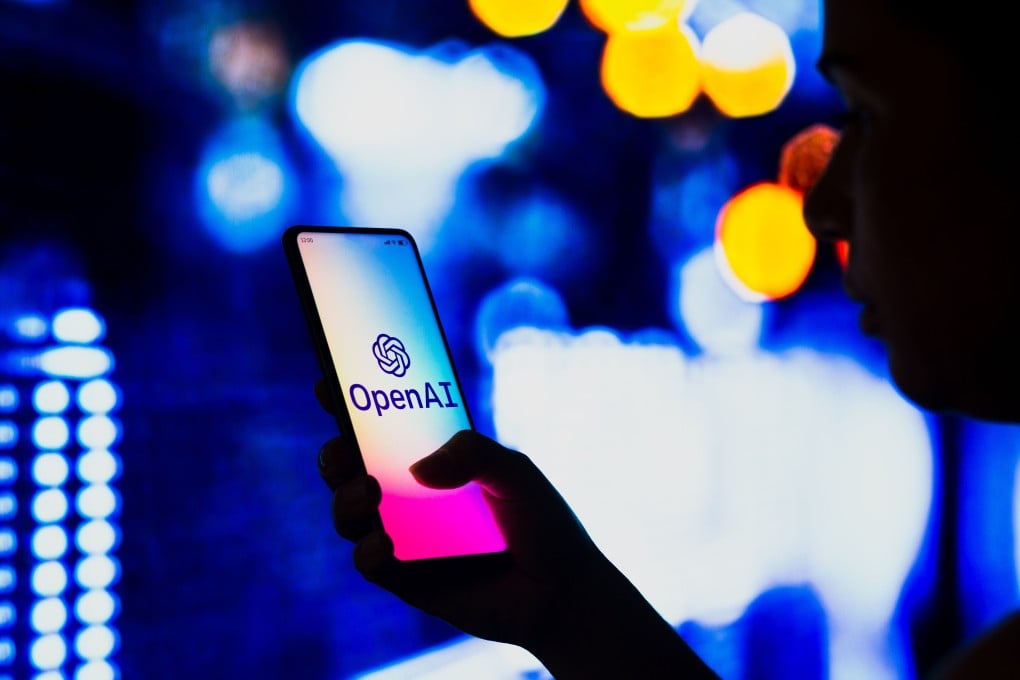ChatGPT: personal tutor or ‘cheat-bot’? The app that could revolutionise Asia’s learning
- Students say they use the tool as a form of study aid and do not consider it as cheating
- The best way forward is to introduce the tool into the classroom, and ensure students are aware of how to use it in a responsible manner, experts urge

Indian engineering student Pranav says he is a numbers guy whose study gets bogged down in the legwork of essay writing.
Then in early December, he encountered ChatGPT – the viral intelligent chatbot which has emerged from San Francisco – and began testing it with his own study materials.
“I can use ChatGPT to help with the essays and some theoretical work I struggle with, so it is like an aid for me, not a way of cheating,” he said, using an alias. “I will still check the answers from ChatGPT and will add my own points to it.”
Asian students from India to Singapore are no strangers to the pressures of test-taking, characterised by tough – some say brutal – entrance exams and endless assessments which often grade higher for rote learning, rather than creativity or soft skills.
But ChatGPT, created by US start-up OpenAI, may have just changed the game.